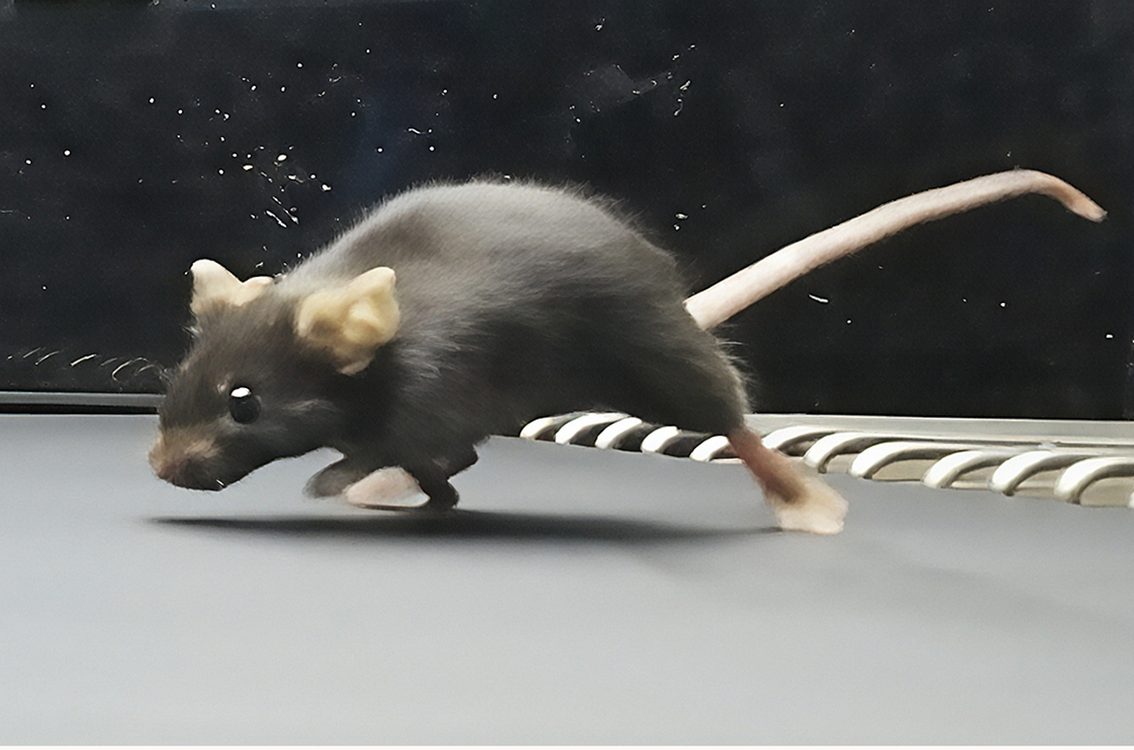Across the pond, the British National Health Service has given a 2.2 million pound grant to Loughborough University to come up with a public health program to encourage people to spend more time exercising. What they’ve come up with is an approach called “Snacktivity,” which has the dual benefit of increasing overall time spent in rigorous motion, and decreasing the load on one’s schedule by removing the need for lengthy visits to the gym.
Another reason snacktivity is being investigated as a possible alternative to the existing governmental recommendations of 150 minutes of rigorous exercise a week, is that it better represents the average physical activity our ancestors would have exerted during the day – walking around a lot, walking up and down in elevation, squatting, occasionally picking up heavy things, and maybe pulling themselves up and down a tree.
A physical activity ‘snack’ typically lasts between two and five minutes and includes activities such as walk-talk conversations, walking coffee breaks and using the stairs instead of the elevator. Other examples could be keeping a kettlebell in one’s office and occasionally picking it up, squats, or using a pull-up bar in one’s office doorway. Multiple instances of these activities, spread across the day, can often add up to being more than the average time spent in the gym for most people.
Part of Loughborough’s plan is to create a ‘snacktivity’ intervention that will delivered as part of NHS health checks in general practices and consultations in community health services, such as podiatry, dietetics and rehabilitation services.
The researchers at Loughborough will use a smartphone application (snackApp) synchronized with a wrist worn physical activity tracker to enable participants in the intervention to self-monitor their snacktivity and get feedback on their behavior. The snackApp will prompt physical activity after one hour without significant motion. The research team will test whether this approach helps to make the public more active compared to the current guidance for physical activity.
Work Out like a Hunter-Gatherer
Ben Greenfield, the renowned personal trainer, health coach, and public health voice, recently discussed this topic on Revolution Health Radio.
“If you look at, for example, the blue zones where you have a disproportionately high number of people living a long period of time and having relatively good health span during that time as well, you don’t see a lot of structured exercise. You see a lot of low-level physical activity, typically outdoors in nature,” he said.
“And so you don’t see CrossFit boxes everywhere or this idea that in order to feel good about having exercised at the end of the day, you must have suffered in the gym for 30 or 45 or 60 minutes. And in fact we do know, based on research that once you exceed about 60 minutes of intense exercise or even 90 minutes of the typical aerobic exercise that a triathlete or a marathoner would be doing, your risk of mortality actually increases.”
“And so we’re kind of in this situation where people are often sitting down for long periods of time during the day doing a hard workout at the beginning or the end of the day or both, and that’s how exercise is viewed, as this thing that’s separate from just life, versus incorporating low-level physical activity during the day”.
“And so, my kind of rule and what I encourage people to do is to change your environment, especially your working environment or your lifestyle environment to the extent where you’re engaged in low-level physical activity during the day, you’ve got a few things that you can lift or swing”.
“Or, like, having a pull-up bar installed on the door or your office or in the kitchen so that you can hang. And I have a yoga trapeze in the living room and a pull-up bar in the office and a rope hanging outside the tree that’s near the front door. And so I have these objects I can hang from and climb on and pull from as well. So, by the end of the day, exercising, in the way that we tend to think of exercise, is this packaged hard-core exercise session as an option, not a necessity”.
Loughborough University’s center of sports science is one of the top physical fitness labs in the world, and with Greenfield’s opinion mirroring theirs, ‘snacktivity’ could end up being a major success for an British population that’s getting more obese and less active.


